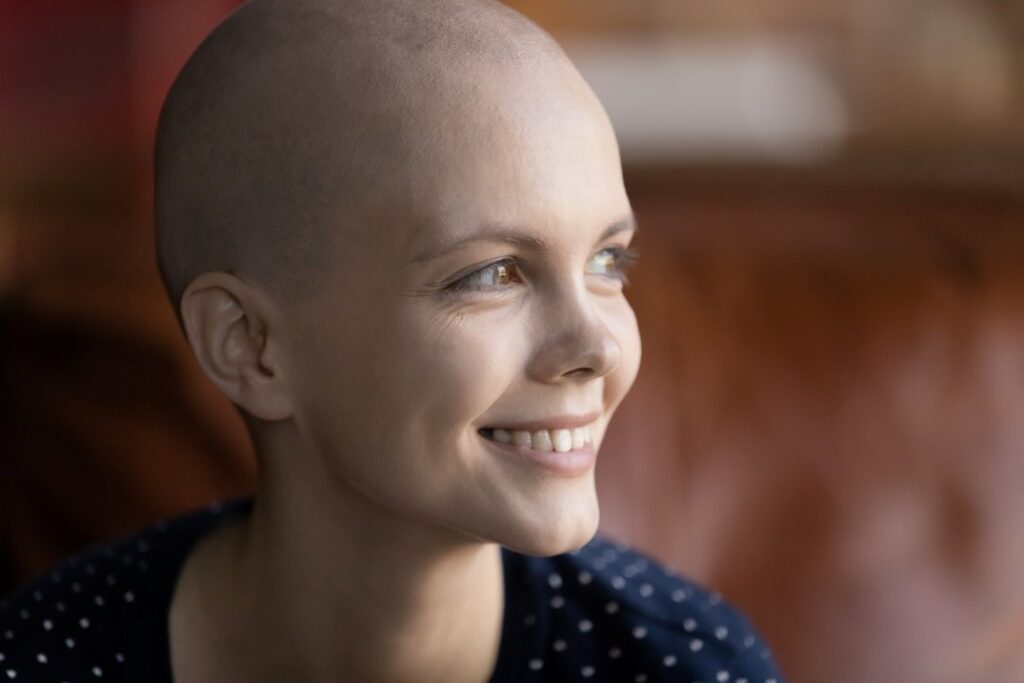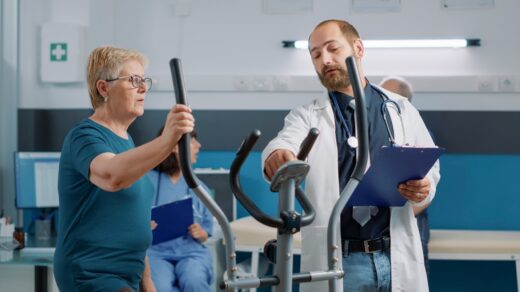
Receiving a cancer diagnosis is a life-altering event that often brings a host of physical and emotional challenges with it. While medical treatments play a crucial role in combating the disease, an equally important aspect of a patient’s journey is rehabilitation.
Personalized cancer rehabilitation plans tailored to individual needs and goals have emerged as a cornerstone of comprehensive cancer care. In this article, John R. Callen explains the significance of customized rehabilitation programs and delves into the profound benefits of integrating occupational and physical therapy into the recovery process.
Addressing Individual Needs and Goals
Cancer is a deeply personal experience, and its impact on an individual’s physical and emotional well-being can vary significantly. A one-size-fits-all approach to rehab simply does not suffice. Personalized rehabilitation plans must take into account the unique circumstances of each patient, including the type of cancer, its stage, the individual’s overall health, and specific treatment protocols. By aligning rehabilitation efforts with a patient’s individual needs and goals, healthcare providers can create a uniquely tailored roadmap to recovery.
Empowering Patients Through Education and Support
Personalized cancer rehabilitation begins with comprehensive education. Patients are informed about the potential side effects of treatment, including physical limitations, pain, fatigue, and emotional distress.
Developing an understanding of these challenges empowers individuals to actively participate in their recovery. Additionally, rehabilitation professionals provide essential support and guidance, helping patients better navigate the complexities of their rehabilitation journey.
Occupational Therapy: Restoring Independence and Functionality
Occupational therapy also plays a pivotal role in personalized cancer rehabilitation. It focuses on helping individuals regain the ability to perform everyday activities that may have been impacted by the disease or its treatment.
Occupational therapists work closely with patients to address challenges related to self-care, mobility, and other essential tasks. By developing customized strategies and providing adaptive tools, OT aims to restore independence and improve overall quality of life.
Physical Therapy: Rebuilding Strength and Mobility
Physical therapy is another essential cornerstone of personalized cancer rehabilitation. It focuses on restoring physical function, strength, and mobility, which may be compromised during the course of treatment.
Through targeted exercises and techniques, physical therapists help patients to regain muscle strength, improve balance, and enhance overall physical fitness. This not only aids in the recovery process, but also promotes a sense of empowerment and increased well-being.

Managing Pain and Discomfort
Cancer treatment can often lead to great pain and discomfort, which can significantly impact a patient’s daily life. Personalized rehab programs incorporate pain management strategies tailored to each individual. This may include a combination of therapeutic exercises, manual techniques, and modalities designed to alleviate pain and improve overall comfort.
Emotional and Psychological Well-being
Furthermore, the emotional and psychological toll of cancer cannot be understated. Personalized therapy programs recognize the importance of addressing these aspects of a patient’s well-being, and by integrating techniques such as mindfulness, relaxation exercises, and counseling, rehabilitation professionals provide invaluable support in managing stress, anxiety, and emotional challenges.
Monitoring Progress and Adapting to Changing Needs
Recovery from cancer is a dynamic process, and a therapist’s plans will evolve and adapt alongside the patient’s progress. Regular assessments allow healthcare providers to track improvements, address any emerging challenges, and make necessary adjustments to the rehabilitation program.
Taking this adaptive approach ensures that the patient’s changing needs and goals continue to be met throughout their journey to recovery.
Conclusion: A Holistic Approach to Cancer Rehabilitation
Personalized cancer rehabilitation stands as a testament to the commitment of healthcare providers in delivering holistic care to cancer patients. By recognizing the individuality of each patient’s experience and tailoring rehabilitation efforts accordingly, healthcare teams empower individuals to regain control of their lives. Through the integration of occupational and physical therapy, patients not only rebuild their physical strength, but also find renewed hope, independence, and a path towards a more fulfilling future.



